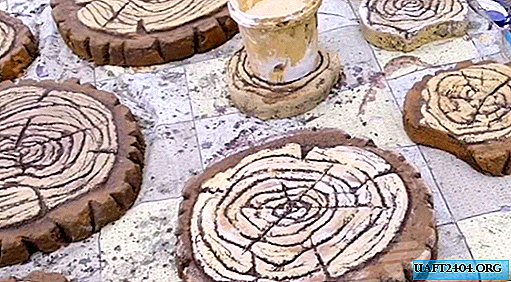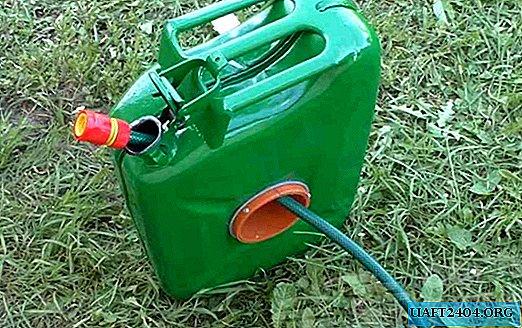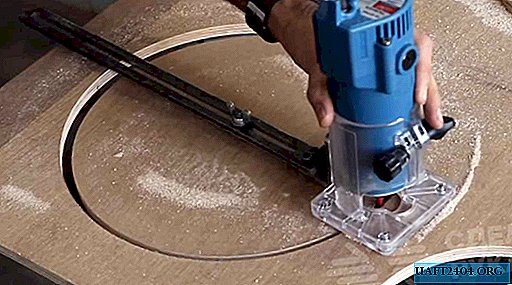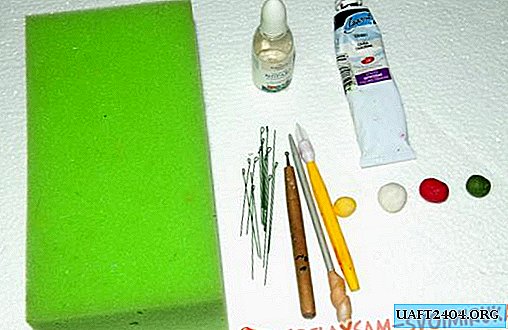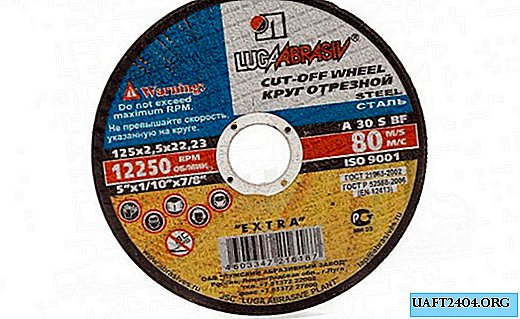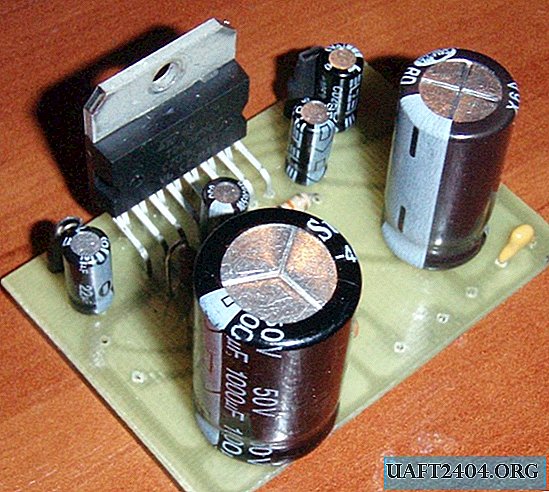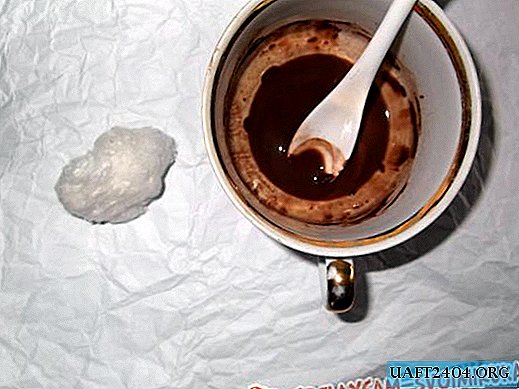Share
Pin
Tweet
Send
Share
Send
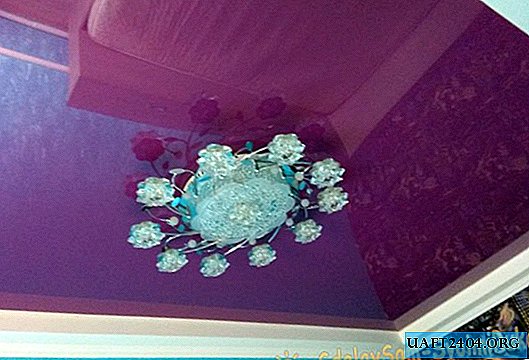
The most common ceiling finish is the use of drywall for the manufacture of boxes. There are many options for what can be made of this material. It can be multi-level ceilings, as well as elements in the form of geometric shapes. Now we will consider a sample of manufacturing a simple box, which is installed along the edges of the ceiling. This option will be suitable both for stretch ceilings, and just for decoration.
Making a box of drywall
So, first you need to use the water level to make a mark on all walls.

This is so that the box has the same height over the entire plane. You can use the construction level for these purposes, but at the same time the accuracy will not be so high.
Next, you will need a UD metal profile. It must be attached to the wall according to the marks marked by the water level.



The distance that you must deviate from the ceiling depends on what dimensions you are going to make. For example, if you plan to make a box 15x15 cm, then you need to step back from the ceiling 14 cm, and at this level attach the profile to the wall. Drywall, which has a thickness of 1 cm, will subsequently be attached to it, and in this case you will get 15 cm.
You must immediately attach the UD profile on all walls in one level. When moving to another wall, you can additionally use the building level in order to check if you have deviated from the marks by the water level.

In this case, the walls are made of adobe, and the ceiling is wooden. Therefore, the profile was attached to the screws. If you have brickwork or other material in which you need to drill holes with a perforator, then the installation of profiles can be performed for quick installation. Profile trimming is performed with metal scissors.

Since this work is performed at height, it will be convenient to use a screwdriver with a battery, since a drill with a wire is not quite convenient for this.

Next, a second UD profile is attached to the ceiling. It is also mounted at a distance from the wall, depending on what size is needed. Since in this case 15x15 cm, it is necessary to step back 14 cm from the wall.


Next, you need to assemble a structure that will be conveniently performed on the floor. A small section of the same profile is also attached to the long UD profile, only on the reverse side, with an indent of about 40 - 50 cm with metal screws.

Then, 14 cm in size, a CD profile is inserted into the cut UD profile to strengthen the structure. After you assemble this structure on the floor, it can be attached to two profiles that have already been installed on the wall and ceiling.





Such a box must be assembled around the perimeter.
Then you can proceed with the installation of drywall. You will need a construction knife to trim drywall. In addition, you can use a special planer for drywall.

You will polish them with the bumps that result from cropping. You can collect the box from pieces of drywall of different lengths. Drywall is attached to the profile using self-tapping screws.



On the side of the window, the box is slightly different. This is so that you can use a hidden ledge, as this design is performed for the tension flow. Therefore, stepping back from the wall 15 cm, it is necessary to fix two CD profiles. One profile is attached to the ceiling, and the other at the bottom of the box to the side profile UD. In this case, the thickness of this box will depend on the thickness of the CD profile, namely 10 cm.

In the gap between the window and the box, you can also attach a CD profile to the ceiling, and drywall to it.



When the entire box is sealed with drywall, it must be primed. Then a serpyanka tape is used for all angles. These are the corners of the box, the corners between the wall and the box, as well as between the ceiling and the box. In addition, it is necessary to glue a sickle between the seams of drywall.


Then a special putty is used for the joints. She needs to fix the sickle and putty it in exactly the places where it was glued, i.e. all corners and seams.



When the putty dries, it is necessary to clean the irregularities with a sandpaper, and again primed. Then the usual finishing putty can cover the box.

When this putty dries, it is also necessary to sand it a bit, eliminating small irregularities, and then primer again. After that, the box can be painted. You yourself choose the color of the box, depending on what colors the walls and ceiling have. However, it’s great to fight, and also fits almost any shade of a white box.
Between the wall and the box you can fix the baguettes, and also paint them in the color of the box. It is advisable to do this immediately with the same paint, so that this element looks like a single one.
After that, you can hire specialists to install the stretch ceiling, or if you have everything for this, do it yourself.

Share
Pin
Tweet
Send
Share
Send

